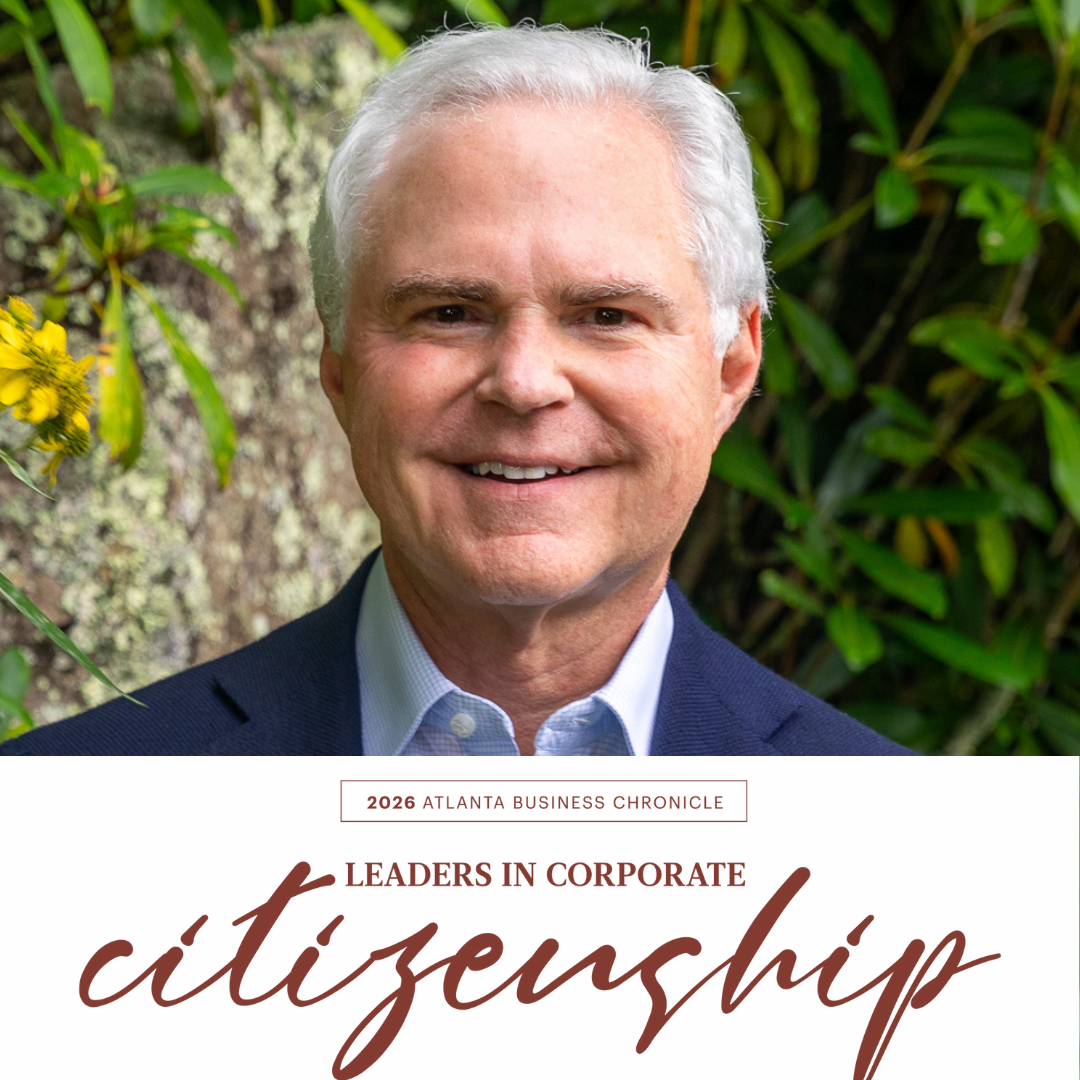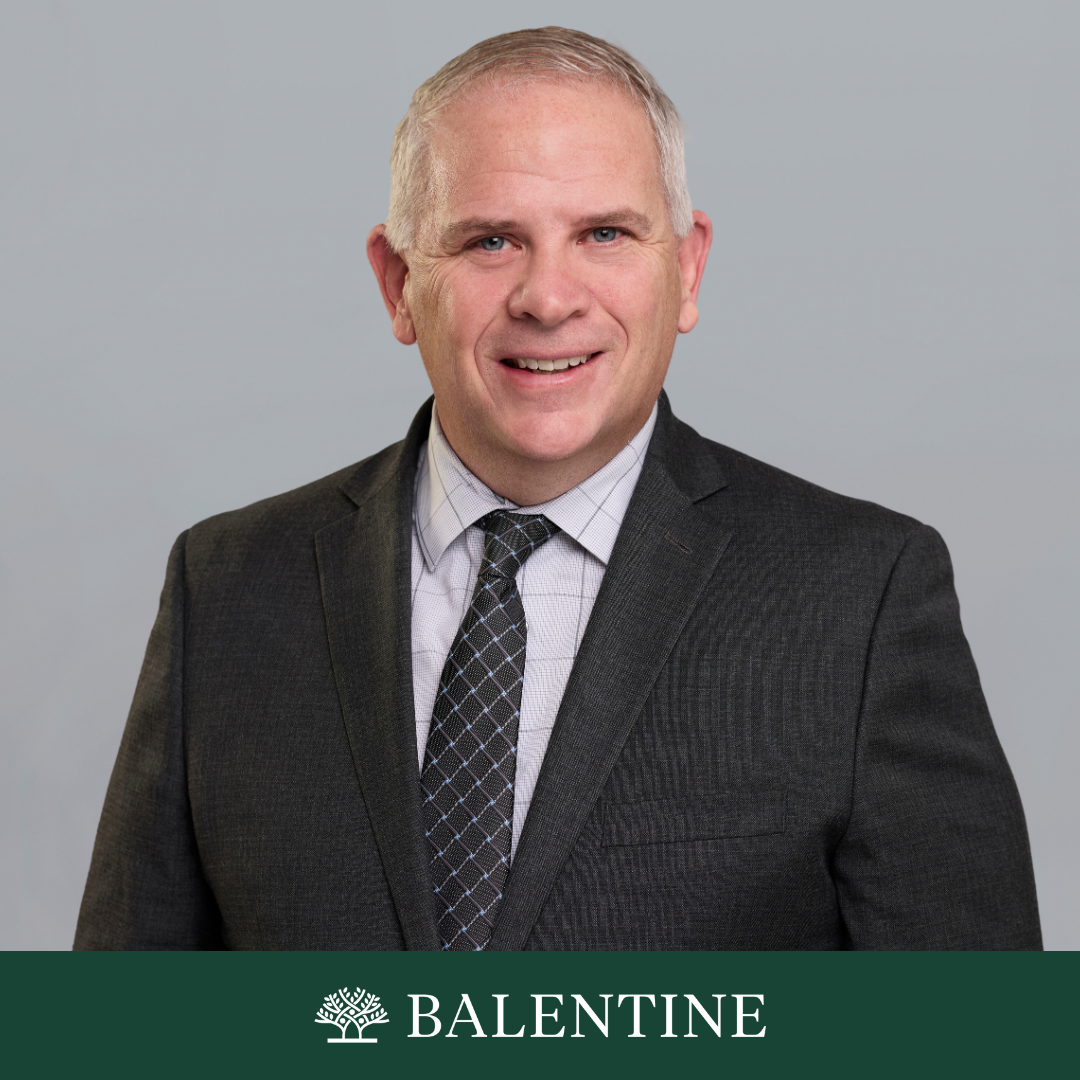Let Balentine be your guide on your wealth management journey.
Balentine experts offer their authentic take on the latest financial topics, including our exclusive market publications, news, community events, and more. Select the topics that interest you, or browse our full collection of resources from trusted thought leaders.
Top Insights
Start with these core pieces to understand how our approach to financial planning, investments, business advisory, and legacy is different.
Let Balentine be your guide on your wealth management journey.
Balentine experts offer their authentic take on the latest financial topics, including our exclusive market publications, news, community events, and more. Select the topics that interest you, or browse our full collection of resources from trusted thought leaders.

.png)
Our best thinking on what's happening in the economy and markets and why it matters to investors.
.png)
A Legacy of Growth

Adrian Cronje Is a 2026 Georgia Titan 100 Honoree
.png)
A Healthy Consolidation
.png)
Entrepreneurs Can Invest Like the 1%

How You Spend Your Time Is Your Legacy

Robert Balentine Honored With Lifetime Achievement Award
.png)
Balentine Becomes A Third-Generation Family Firm

Michael E. Pearson Elected Principal

Emily Balentine Barbour Elected Partner

Robert Vann, Jr. Joins Balentine as Senior Relationship Manager, Multi-Family Office

What Stories Do You Want to Share This Holiday Season?
.png)
%20(1).png)




.png)
.png)
%20(1).png)